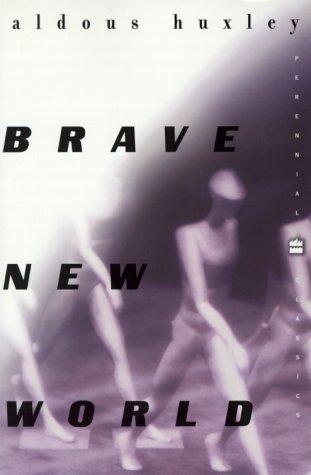This is an invaluable reference for any student, scientist or administrator, using small telescopes for research. It is an essential collection of data and opinions for those charged with setting scientific and funding priorities. This three-volume set, "The Future of Small Telescopes in the New Millennium" details the essential roles that small telescopes should play in 21st century science and how their future productivity can be maximized. Over 70 experts from all corners of the international astronomical community have created a definitive reference on the present and future of 'big science with small telescopes'. Despite highly publicized closures of telescopes smaller than 4-m in aperture at national facilities and their omission from national science priority studies, the oft-lamented demise of the small telescope has been greatly exaggerated. In fact, the future of these workhorses of astronomy will be brighter than ever if creative steps are taken now. This three-volume set defines essential roles that small telescopes should play in 21st century science and the ways in which a productive future for them can be realized. A wide cross-section of the astronomical community has contributed to a definitive assessment of the present and a vision for the future. "Volume 1: Perceptions, Productivities and Policies" - Beginning with a summary of recent national scientific priority-setting efforts, Volume 1 examines the public's and the astronomical communities' own perceptions and misconceptions of small telescope productivity. These shape the future scientific research that will be done with telescopes smaller than 4-m in aperture and the number of astronomers that will have access to them. "Volume 2: The Telescopes We Use" - Small cost-effective optical-, radio- and space-based facilities face similar problems in scientific prioritization and funding. Volume 2 highlights how current small facilities are evolving to meet the scientific priorities and economical realities of the 21st century through standardization of instrumentation, use of off-the-shelf technology, specialization, optical improvements, new modes of scheduling, automation, and internet access. "Volume 3: Science in the Shadow of Giants" - What first-rank science can small telescopes contribute in the coming era of 30-m class giant telescopes? Volume 3 explores a broad selection of scientific initiatives, from planetary astronomy to cosmology, that are ideally suited for small telescopes. "The Future of Small Telescopes in the New Millennium" is a fundamental resource for those looking to undertake new projects with small telescopes, for those that are responsible for their operation, and for those called upon to help set scientific priorities for the coming decade. It will be useful for the practicing researcher, mountain facility manager, science policy maker, and beginning graduate student.













































评价“The Future of Small Telescopes in the New Millennium”